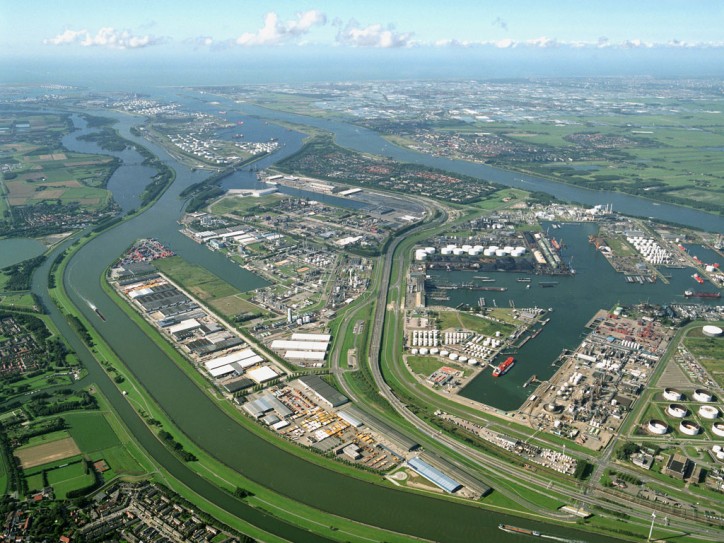The Port of Rotterdam and the independent LBC Tank Terminals storage company have managed to come to a long term agreement in regard to the construction of a new jetty at the LBC terminal that is located in Botlek – Rotterdam.
"This new jetty serves as the first step for the expansion of our Rotterdam terminal and it is vital to the entire process. Liquid chemicals’ growing import into Europe is directly resulting in an increasing demand regarding liquid storage tanks in hubs like Rotterdam. With this investment we will be able to offer additional capacity as well as respond even better to the storage requests of both our existing and our new potential customers" Luc Jorissen, Business President at LBC, commented.
Allard Castelein, Port of Rotterdam CEO, further adds:
"This development is exactly what we need to push forward our ambition of further developing the nautical infrastructure as well as raising Rotterdam tank storage providers’ service level.”

The jetty
The new jetty is going to come along with four berths, two designed to serve the purposes of all seagoing vessels and the other two focusing on barges. With the planned development the jetty capacity of the LBC terminal will quadruple. It is going to be built to facilitate seagoing vessels that have a maximum draft of up to 13 meters.
The jetty is to be constructed in two separate phases. The first phase will involve the building of two berths and if all goes as according to schedule it should be ready by mid-2016 while the full jetty is planned for completion at the beginning of 2017. Thus LBC will be able to simultaneously handle two parcel tankers of up to 40.000 DWT.
Further Investments
In addition to the building of the new jetty, LBC will be investing in the expansion of its Rotterdam terminal up to a total storage capacity of 250,000m³, which will be tripling the amount if its current capacity. The first expansion of 36,000m³ is scheduled to become operational in 2016. Carbon steel as well as stainless steel tanks are going to be built and properly equipped in order to manage accommodating a large range of liquid chemicals including those that require vapor treatment and heating. LBC will also be investing in the further optimization and expansion of its current truck- and rail-loading infrastructure, with the overall objective being the achieving of faster turnaround times.
Source & Image: Port of Rotterdam